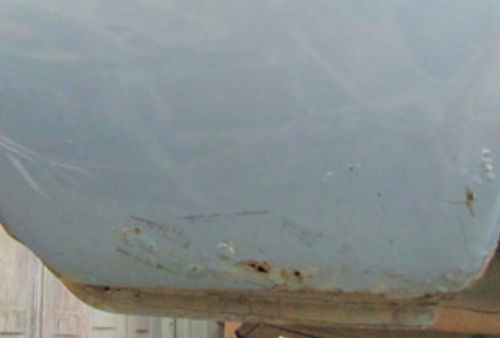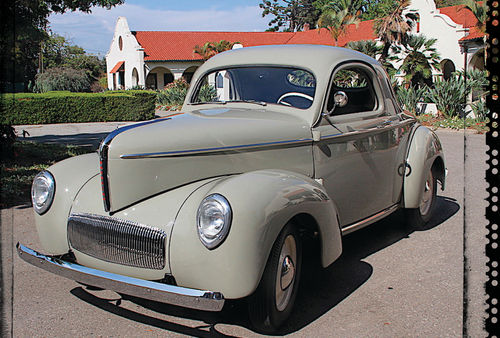My paint “rattle cans” always clog up
Question:
I’ll be 60 years old on my next birthday. I have worked with my hands all my life. In all my years I have never heard anyone have the problem I always have. I have purchased many, many “rattle cans” of paint. Often it is to spruce up a small tool, yard item or the like. Before I put the can on the shelf in the garage, I turn it upside-down, spray a few seconds in an effort to clear the spray nozzle. More often than not, when I want to use that can again, it will not spray or clogs up after a few seconds. I have thrown away more paint than I have used with these “rattle cans.” The brand is insignificant. They all do it.
Do you or your readers have any magic bullet that will allow me to use a full can or return a can to my shelf with the confidence that I will be able to fully use the balance of the can in the future?
Answer:
I am even older than you are Brian and I was dealing with that same problem just yesterday. I know of no real solution but I have learned a few strategies that can help minimize it. The first is to pick up a handful of nozzles at the paint store when you purchase the paint. Sometimes the paint store will even give you a few. That way you can toss them out as they clog.
The second tip is to shake the can thoroughly before spraying. (Count off to at least one hundred while shaking it.) It seems the solvent and the paint separate over time and the heavy pigment settles to the bottom of the can where the pickup tube is located. Then when you go to shoot the paint a glob of the heavy stuff gets into the nozzle orifice and clogs it.
Another important technique is to not let up on the nozzle between passes. This is also true with professional spray guns. Each time you let up you run the risk of a partial or complete clog. And a partial clog is worse than a full one because big drops of paint can come out and cause bumps on the surface you are endeavoring to paint. Also, the nozzle can suddenly clear itself and then you will wind up with runs.
I have had some luck with soaking rattle can nozzles in lacquer thinner overnight, and I also use fine wire or a toothpick to clean nozzles, but in my experience those tricks only work some of the time.
If anyone has an answer to this dilemma, please let us know.















